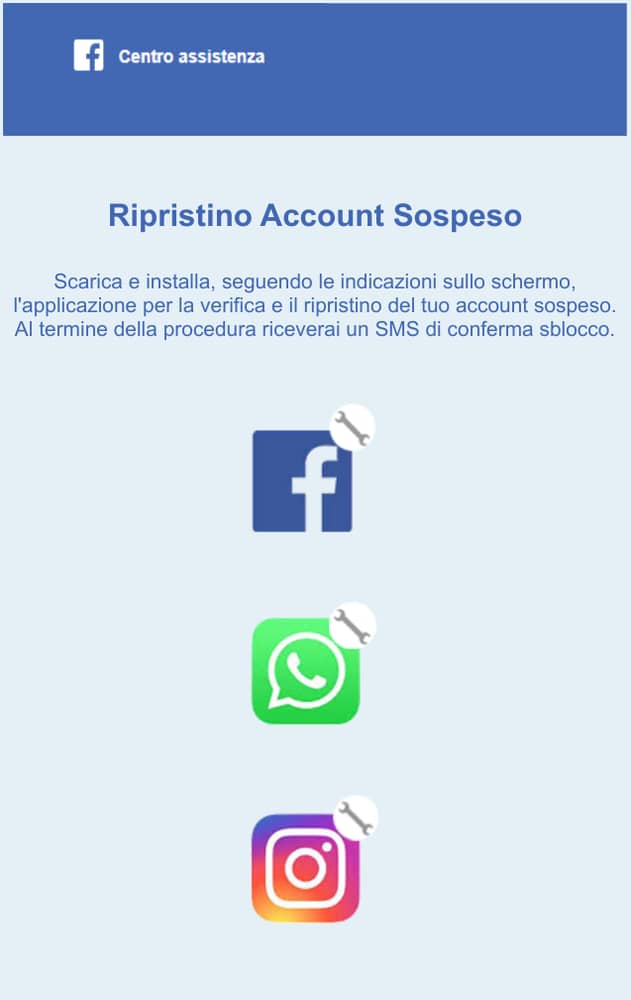According to Google, Italian spyware provider RCS Labs received support from several Internet Service Providers (ISPs) to distribute Hermit spyware on iOS and Android smartphones in Kazakhstan and Italy.
Google Threat Analysis Group published its findings on the highly sophisticated Hermit spyware. Report authors Benoit Sevens and Clement Lecigne wrote that an Italian spyware provider, RCS Labs, received support from several Internet Service Providers (ISPs) to distribute Hermit spyware on iOS and Android smartphones in Kazakhstan and Italy using commercially available surveillance tools.
Drive-By-Downloads to Infect Target Devices
Researchers state that this campaign, which mainly relies on drive-by-downloads, proves threat actors may not always rely on exploits to get extensive permissions on a device. Through drive-by-downloads, they can fulfill their malicious goals just as effectively with the help of ISPs.
Attack Scenario
The attackers get their victim’s internet connection disrupted with the support of ISPs. In some cases, the target’s ISP disabled their mobile data connection. The victims are then requested to install a malicious application to get back online through an SMS message containing a URL. The victim is asked to install the application and resume their data connection.
Since the campaign involves ISPs, these apps are disguised as legit mobile carrier apps. In scenarios where attackers couldn’t directly influence the target’s ISP, they embedded the spyware in apps disguised as messaging applications.
The victim is redirected to a fake support page where they are promised to recover their suspended social media (Facebook and Instagram) and WhatsApp accounts. Though the social media links let the user install the official apps, the WhatsApp link leads the victim to a fake version of the WhatsApp app.

Malicious iOS Apps used by 6 Different Exploits
According to a blog post published by Google’s Threat Analysis Group, these malicious apps were unavailable on Google Play and Apple App Store. The threat actors sideloaded the iOS version, which was signed with an enterprise certificate.
The target was asked to enable installation for these apps through unknown sources. The iOS apps used in the attack contain a “generic privilege escalation exploit wrapper” used by 6 different exploits. It also includes a “minimalist agent” that can exfiltrate device data, including the WhatsApp database. Details of these exploits are as follows:
- CVE-2021-30883 known as Clicked2
- CVE-2021-30983 known as Clicked3
- CVE-2020-9907 known as AveCesare
- CVE-2020-3837 known as TimeWaste
- CVE-2018-4344 known as LightSpeed
- CVE-2019-8605 known as SockPort2/SockPuppet
Android Version Details
The drive-by attacks on Android phones require the victims to enable a setting for installing third-party apps from unknown sources, after which fake apps disguised as legit brand apps like Samsung request extensive permissions. Besides rooting the device for rooted access, the apps are designed to fetch/execute arbitrary remote components, which communicate with the main application.
Hermit Capabilities
Hermit boasts a modular feature set and can steal sensitive data from smartphones, including location, contacts, call logs, and SMS messages. The spyware’s modularity allows it to become fully customizable.
Once installed on the device, it can record audio and even make/redirect phone calls, apart from abusing accessibility services permissions. However, researchers didn’t specify the RCS Labs clients involved in this campaign or its targets. For your information, RCS Labs is among the 30 spyware providers currently tracked by Google.
More Related News
- Edward Snowden urges users to stop using ExpressVPN
- How a Woman’ Fitbit Fitness Tracker Helped Solve Her Murder Case
- Pics of IDF women soldiers helped hackers to breach Israeli Military Servers
- Cloud video platform abused in web skimmer attack against real estate sites
- Cybercrime Syndicate Leader Behind Phishing, BEC Scams Arrested in Nigeria
